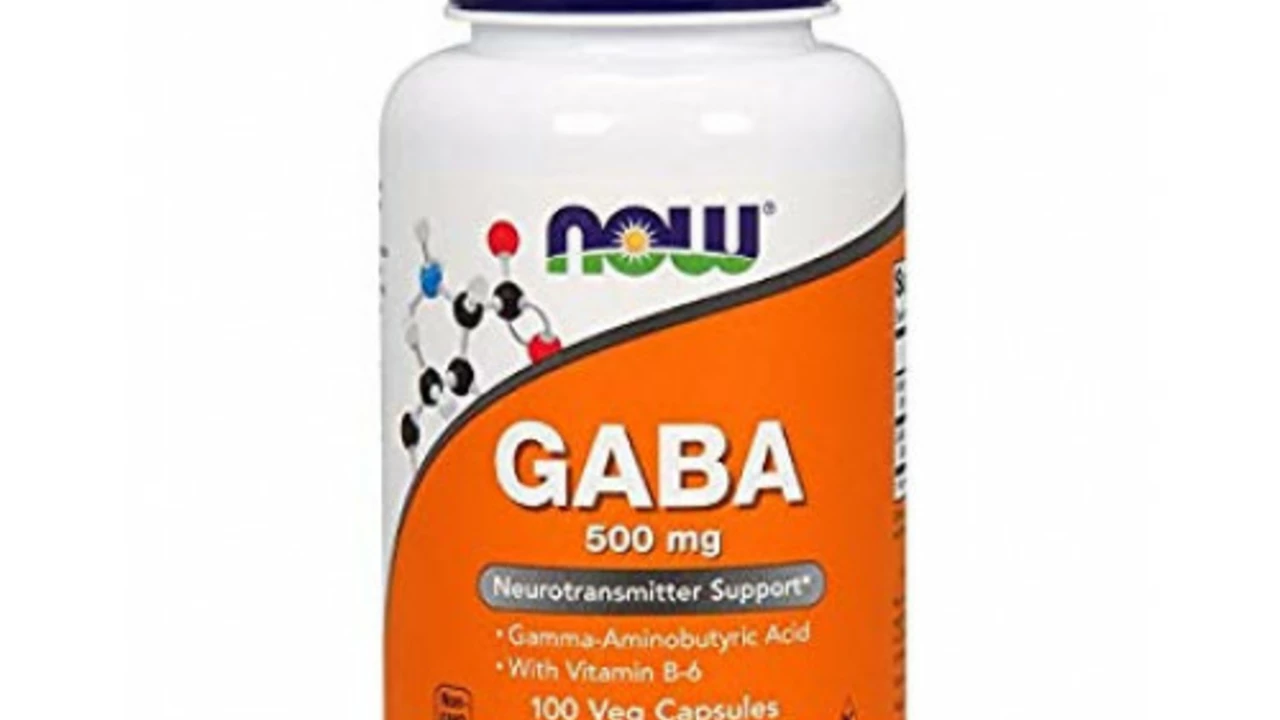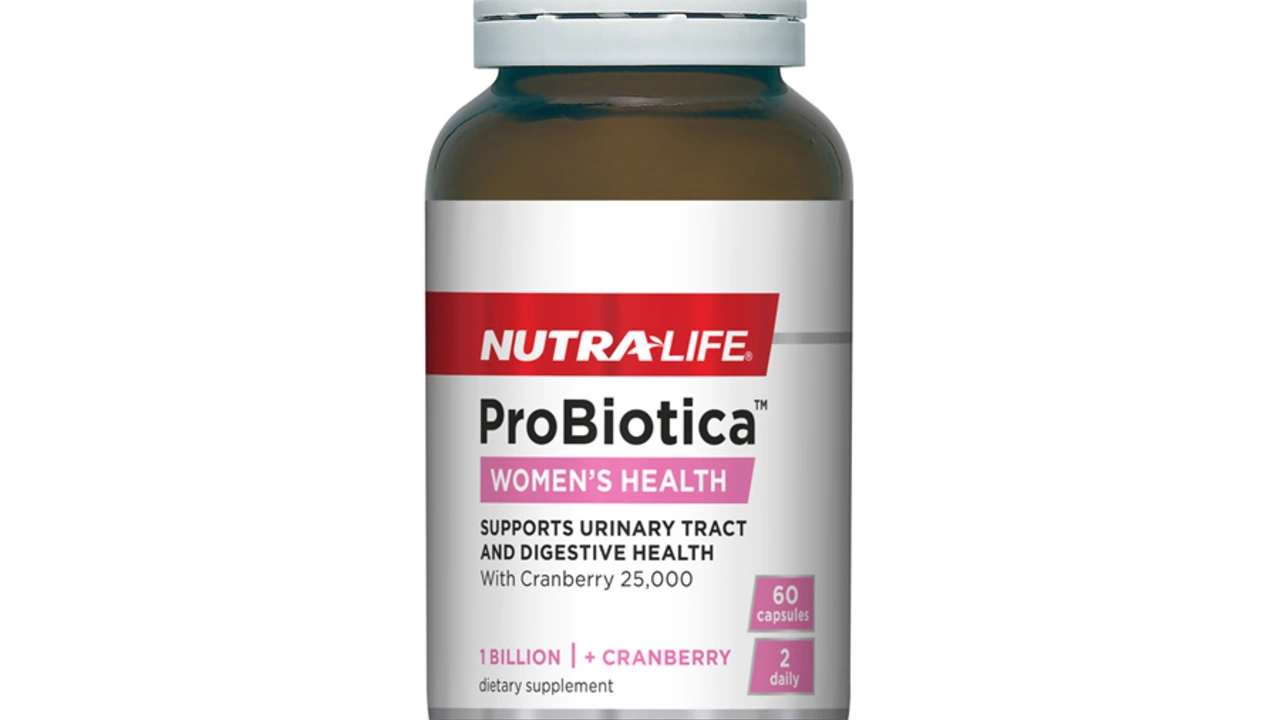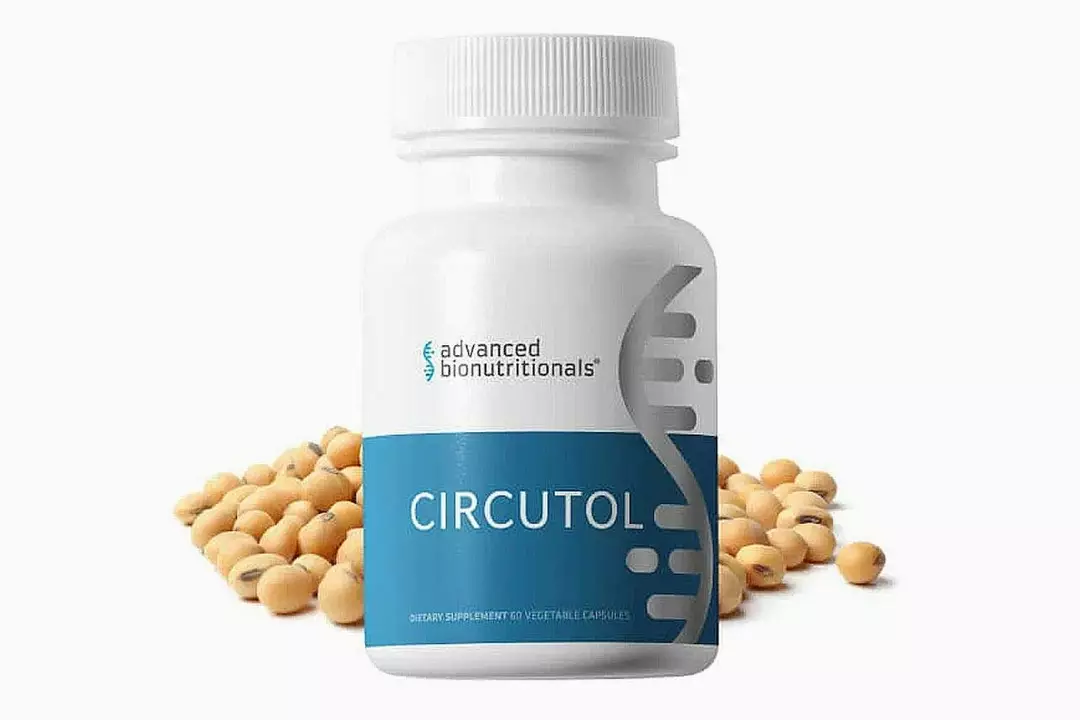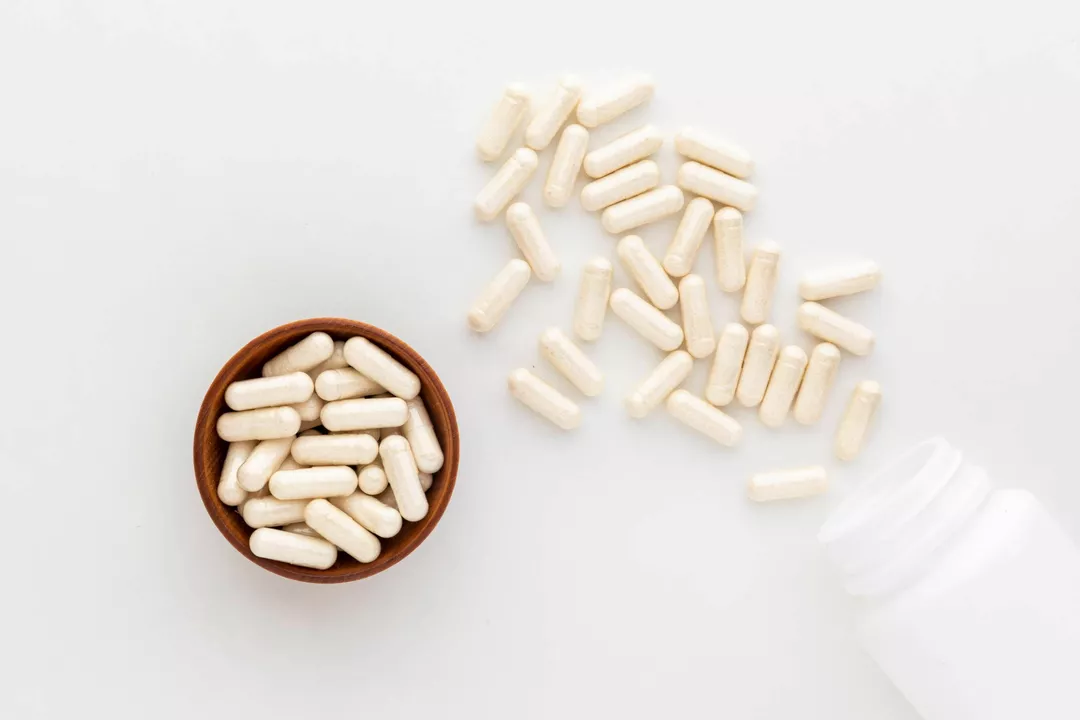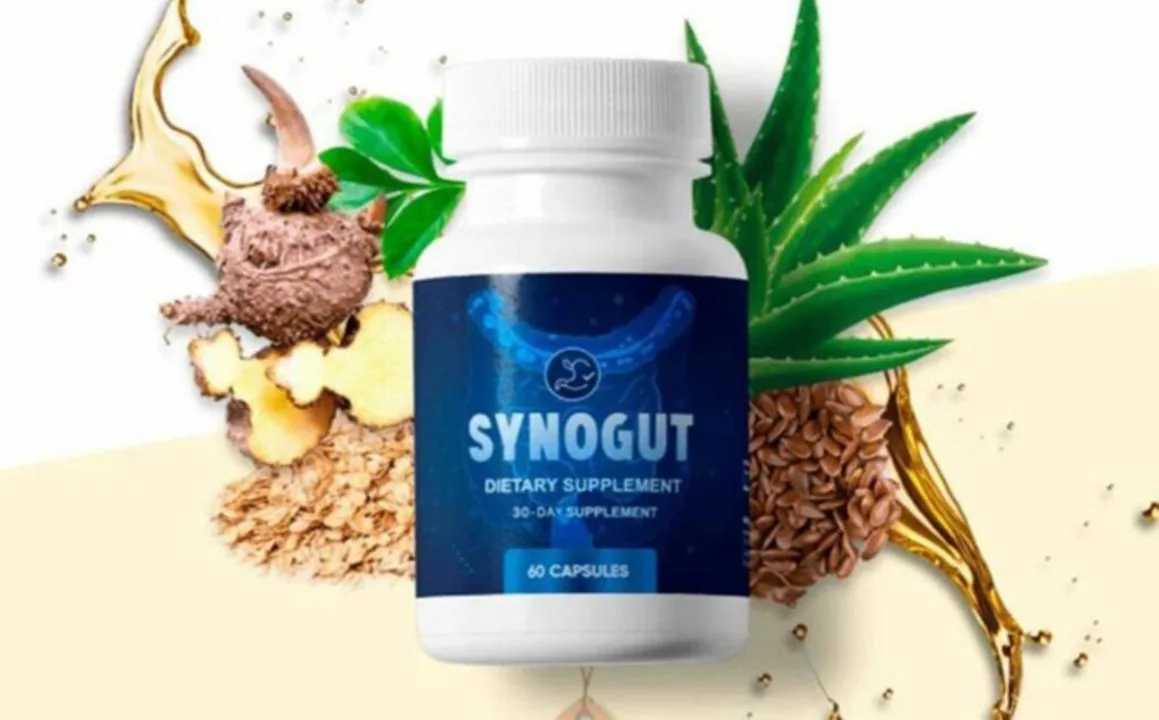Discover the transformative benefits of Red-Spur Valerian, a remarkable dietary supplement known for its numerous health advantages. Learn how this natural remedy can enhance your wellbeing, from reducing anxiety to improving sleep. Packed with fascinating facts and practical tips, this article is a must-read for anyone looking to improve their health naturally.
Dietary supplement: pick safe, useful options without guessing
Want a supplement that actually helps — not one that wastes money or risks your health? Start by learning a few simple rules you can use every time you shop. This short guide gives clear, practical steps to evaluate supplements, check safety, and choose products that fit your needs.
How to choose a safe supplement
Read the label first. Look for exact ingredient names and amounts, not vague terms like "proprietary blend." If the bottle doesn’t list milligrams for each ingredient, skip it.
Check for third-party testing. Trusted seals include USP, NSF, or ConsumerLab. These mean the product was tested for purity and correct ingredient amounts.
Watch the dose. More isn’t always better. Stick to recommended doses from the label or your doctor. Avoid megadoses unless a clinician specifically prescribes them.
Check for interactions. Tell your healthcare provider about all supplements if you take prescription drugs. Common troublemakers include supplements that affect blood clotting, blood pressure, or hormones.
Pick reputable sellers. Buy from known pharmacies, established brands, or trusted retailers. Avoid unknown sellers on auction sites or social media ads that offer dramatic claims.
Look for clear usage guidance. Good products list when to take the supplement, possible side effects, storage instructions, and an expiration date.
Common red flags and practical examples
Big promises with little info are a red flag. If a product claims to cure major diseases or guarantees dramatic weight loss, it’s probably deceptive.
Beware banned ingredients. For example, some herbal bronchodilators like ephedra were removed from markets for safety reasons. Just because something is "natural" doesn’t make it safe.
Examples you might see here: cup plant is a trending ingredient in supplements for nutrients and antioxidants — choose products with clear sourcing and test results. Calcium D‑glucarate is used for detox and hormone support; pick a labeled dose and talk to your clinician if you’re on hormone therapy.
Check customer reviews carefully. Look for consistent patterns about side effects or poor packaging, not a few extreme opinions.
Small habits protect you: start one supplement at a time so you can notice side effects, store bottles away from heat and moisture, and keep a list of everything you take. Ask your pharmacist about interactions before combining supplements with prescription medicines.
Want to read more on specific supplements and safe online sources? Browse our related articles on DoctorSolve.com for practical reviews, buying tips, and up-to-date safety notes.
Chitosan is gaining popularity as a dietary supplement that can aid in weight loss and improve health. This article covers what Chitosan is, its benefits, how it works, and tips for incorporating it into your diet. Learn how this supplement can help you shed pounds and boost your well-being.
I recently discovered the magic of Ground Pine, a game-changing dietary supplement that has transformed my health and well-being! This natural wonder, packed with antioxidants and anti-inflammatory properties, has helped me increase my energy levels, improve digestion, and maintain a healthy weight. I am amazed by the numerous benefits it offers, and I can't wait to share my experience with you all. If you're looking for a simple yet powerful addition to your daily routine, Ground Pine might just be the perfect solution. Trust me, you won't want to miss out on this incredible health booster!
In my recent blog post, I discussed the importance of gut health and how introducing Bifidobacteria as a dietary supplement can truly supercharge it. Bifidobacteria is a type of probiotic that aids in digestion, supports the immune system, and promotes overall well-being. By consuming foods rich in Bifidobacteria, like yogurt and fermented foods, or taking supplements, you can significantly improve your gut health. I highly recommend incorporating this essential dietary supplement into your daily routine. Trust me, your gut will thank you!
I recently discovered the amazing Wahoo Dietary Supplement, and it has completely revolutionized my diet! This incredible supplement provides all the essential nutrients our bodies need, making it easier than ever to maintain a healthy lifestyle. Since incorporating Wahoo into my daily routine, I've noticed increased energy levels and improved overall well-being. The best part is that it's made from all-natural ingredients, ensuring it's a safe and sustainable choice for everyone. If you're looking to give your diet a major upgrade, I highly recommend trying the Wahoo Dietary Supplement!
As a health enthusiast, I recently discovered Catuaba, an incredible dietary supplement that I believe everyone should consider adding to their daily routine. Catuaba is a natural herb that has been used for centuries in traditional Brazilian medicine. It is known for its numerous health benefits, including boosting energy levels, improving mental focus, and enhancing sexual performance. In addition, it also helps to alleviate stress and anxiety, making it a perfect addition to anyone's daily regimen. I highly recommend giving Catuaba a try and experiencing its remarkable benefits for yourself!
Recently, I discovered Sweet Cicely, a game-changing dietary supplement that has truly transformed my health and wellness. This incredible herb not only adds a natural sweetness to my meals, but it also provides numerous health benefits. Since incorporating Sweet Cicely into my diet, I've experienced improved digestion, increased energy, and even a strengthened immune system. I highly recommend giving this wonder herb a try, as it has truly made a positive impact on my overall well-being. Don't miss out on experiencing the wonders of Sweet Cicely for yourself!
I recently came across Salacia, an all-natural dietary supplement that has been gaining popularity for its numerous health benefits. This amazing plant extract is known to help regulate blood sugar levels, reduce inflammation, and even aid in weight loss. I personally started incorporating Salacia into my daily routine, and I'm already noticing a difference in my overall health and well-being. If you're looking for a natural way to boost your wellness, I highly recommend giving Salacia a try. Trust me, your body will thank you!



